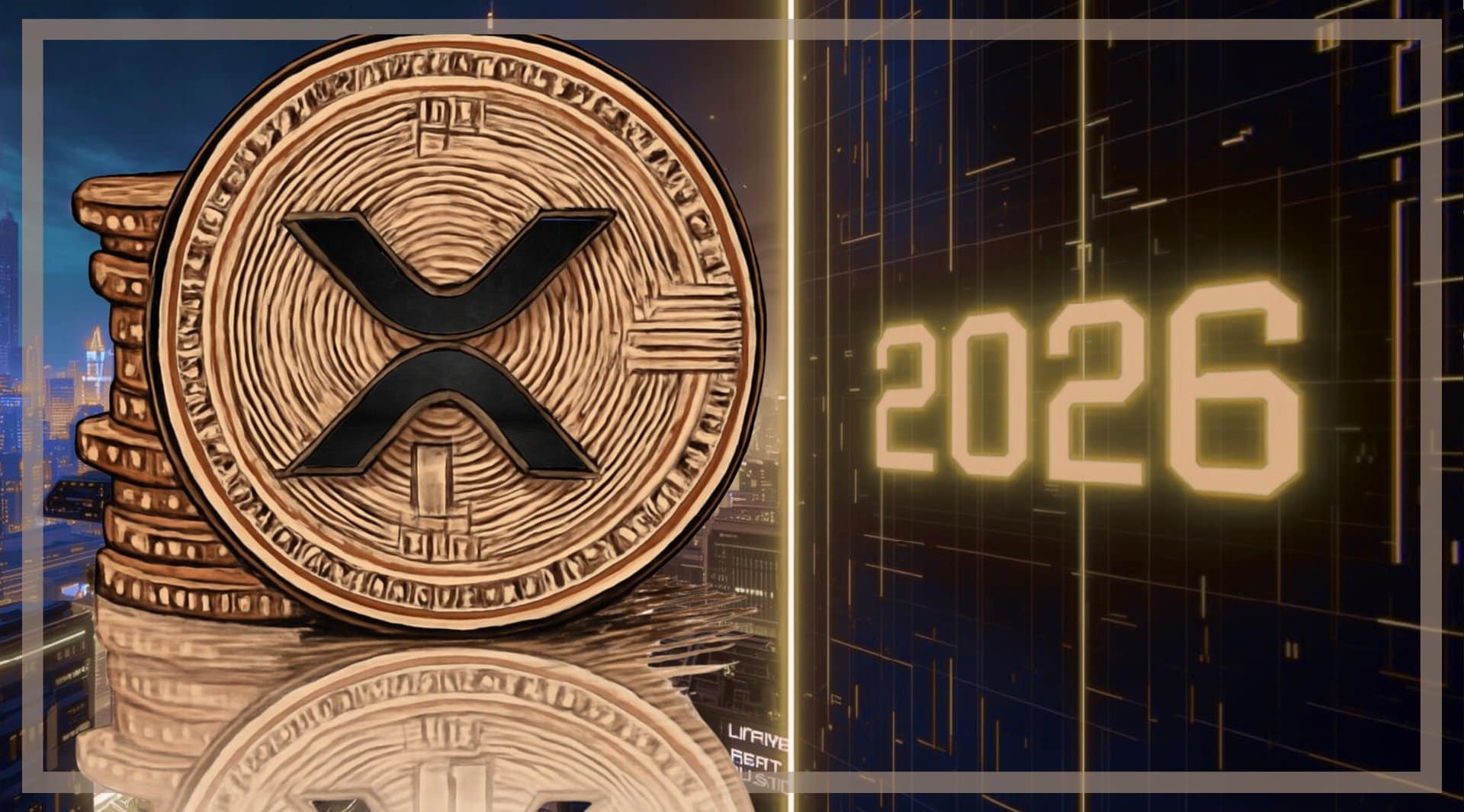In August we reported that 700 traders are taking Binance to court in Hong Kong in a bid to recover millions of dollars of losses. On 19th May, Binance’s platform suffered from a number of major technical flaws that meant traders around the world were unable to take profits, minimise losses or hedge their positions in any way. As the markets tumbled in response to developments in China – that authorities in the country were to tighten restrictions on crypto services – potentially thousands of people found they could take no action to protect their positions. The result was that many discovered their accounts, some of hundreds of thousands or even millions of dollars, were completely liquidated; balances reduced to zero.
"We want to let the world know that, to the extent that you have been harmed by Binance, there is a group that you can join, allowing your claim to be heard."
— #DisruptionBanking (@DisruptionBank) August 19, 2021
We spoke to @LitiCapital about legal action against @binance.#Crypto #Bitcoin #DeFi #Ethereumhttps://t.co/I8sfTvBFH6
This case has raised a number of legal issues that could shape the future of the DeFi industry. Many cryptoexchanges, including Binance, operate through complex legal structures that consist of many different entities spread across jurisdictions around the world. Such models make regulatory oversight, and the pursuit of recompense when things go wrong, very difficult. How do the courts and regulators go about protecting consumers (and their money) from cryptoexchanges like Binance, whilst avoiding stifling innovation in this rapidly developing space? To discuss this, we spoke to James Burnie. James is a Partner at City law firm gunnercooke and specialises in financial services regulation and the FinTech industry.
Complex Structures
We first asked James about how regulators could go about dealing with companies like Binance, given the model they adopt can make matters difficult. He suggested that there may be practical and legitimate reasons for complex and international structures, but that well-established legal principles already exist which mean such models cannot be used for the evasion of responsibility:
“The first question when dealing with a model like this is why it exists. Whilst the purpose of the structure may be to avoid regulation, there is also a move for exchanges to work across different jurisdictions in order to maximise the talent pool available to them, given that the speed at which the blockchain-based industry is growing is greater than the speed of the available talent pool.
“If the purpose is simply to “avoid” regulation, then the current position we are seeing feels like a repeat of that of cyberlibertarians at the dawn of the internet. Cyberlibertarians believed that this internet was a place outside of the state, and therefore argued that they did not need to comply with the rules of any country. Actually, the opposite was true, as regulators took the view that any sale to a person within the jurisdiction meant that they had dominion over the dispute. This general principal is enshrined in the Rome II Regulation, and this again formed a core of the approach taken by the court in Fetch.ai Ltd and another v Persons Unknown Category A and others [2021] EWHC 2254 (Comm). So what we have seen is this case is history repeating itself.”
James touches on an interesting point. Ever since The CypherPunk Manifesto and the advent of the crypto (and, later, DeFi) movement, many in the space have sought to create a separate economic sphere that is not under the control of the state. One of the primary reasons for the initial concept of Bitcoin was the ambition to create a means to store and exchange value in an anonymous way, free of government oversight. Such thinking has led many participants in this market to be wary of almost all regulatory intervention, even when dealing with centralised exchanges like Binance. But the idea that regulators have no role to play in what is now a multi-trillion dollar market is clearly unworkable.
Eric Hughes saw the CypherPunk movement as a libertarian resistance to state economic control. It was an attempt to use new technologies to create anonymous and decentralised currency systems that are free from state interference.#Bitcoin #CypherPunks https://t.co/hfSLsFSNcE pic.twitter.com/8xGqBHwNIg
— #DisruptionBanking (@DisruptionBank) June 10, 2021
As James notes, exchanges like Binance do not operate in “a place outside of the state” as a matter of law. The legal principles needed to deal with such companies therefore already exist. Regulators have already asserted that a sale (such as a sale of a crypto from Binance to an individual) to a person in any given jurisdiction means that jurisdiction has “dominion over the dispute.” What may be more challenging though, James argued, is the problem of enforceability:
“It is all very well to “win” a case. The important question is enforceability of the result, and to resolve this you need to have a mechanism to enforce the result and to know who to enforce it against. This is not an issue specific to decentralised platforms, however perhaps this problem is exacerbated by them if they are bad actors. International co-operation is required in such cases, indeed it was interesting to see this in action earlier this year when a series of regulators censured Binance, and Binance’s response was to move to a model more in line with regulator expectations.”
This is where Binance’s complex structures may cause more problems. Presuming the claimants are successful, as most expect them to be, how do they actually go about recovering their money? Who at Binance do they go to in order to get it? If Binance do not pay up, who is going to force them to? The answer is not at all clear. More regulatory work will be required to ensure international co-operation can protect consumers from exchanges acting in bad faith, to ensure firms cannot hide behind complex, transnational corporate organisations to evade responsibility. Of course, working out what form such regulation should take, and securing international agreement for it, will be challenging.
Regulating the space
The DeFi industry has innovated at an incredible pace over the last few years. Huge advances in blockchain technology and the crypto markets mean that regulators are attempting to deal with something that few have yet fully understood. This is inevitable: as James said, “regulation will always follow innovation – and indeed, if regulators sought to pre-judge innovation, then there is a real risk that they would be accused of stifling it.” That said, this Binance case seems to be an appropriate moment for regulators “to take an increasing, and increasingly co-ordinated, role in overseeing the sector” as the industry matures:
“This case serves as a useful re-affirmation of the approach which we would expect with cases of this nature. What will be interesting moving forwards is the principle of “legal entity dependence”. “Legal entity dependence” looks at the fact that any blockchain, including that used in a DeFi project, is generally dependant a central group – who may be a company or a group of individuals – in order to operate. If a regulator wanted to affect the operation, therefore, of a DeFi project, it could do so by exercising control over the entity it is dependent on. The overall effect of this is they effectively lose the smoke of mirrors potential of DeFi, by recognising that generally, although a project may in theory be decentralised, in practice there will be a central element that can be controlled.”
Interestingly, James explained that there are other, indirect ways to influence the crypto industry rather than just regulation. In many ways, regulation is a blunt instrument, albeit one that is of course sometimes necessary. But as James mentioned, trans-national structures mean that enforcing breaches of regulation can be difficult. There are, however, other ways to push companies like Binance in the regulator’s desired direction:
“Another aspect to consider is advertising. There is no point setting up a platform outside of a country to avoid its rules if no-one has heard of the platform and knows they can use it. Indeed, there are moves in the UK to regulate the financial promotion of unregulated cryptoassets, and this will likely cause those unregulated firms dealing with UK customers from outside the UK to have to consider onshoring their activities.
“It is also worth considering the role of service providers in this. For example, Google as a search engine effectively becomes a form of regulator, in that if Google felt that it should no longer list a project, then it would be much harder for potential users to access it. In addition, if an exchange cannot access banking services to process money, then this will undermine its ability to operate. As such, it is worth being aware of the role of service providers as a soft form of regulation in their own right. If no-one will deal with you, then you can’t operate your business.”
The UK advertising watchdog told the FT it will begin taking down misleading crypto advertisements, particularly online https://t.co/EIViigcETU
— Financial Times (@FinancialTimes) July 9, 2021
Promoting Innovation
One argument that is frequently cited in the discussion around the regulation of DeFi is the idea that intervention will kill innovation in the space and potentially damage competition. This can and does happen. To use a non-crypto example, the European Union’s GDPR rules “made it harder for firms to collect, store, and analyse customer data in the name of protecting privacy.” This raised business costs for smaller firms and put them at a disadvantage against larger firms. The Harvard Business Review cites research demonstrating that this regulation “negatively impacted the growth of AI startups with customers in Europe, and reduced investments in European tech startups.” The effect on innovation in Europe is obvious.
However, James argued that there are ways to avoid these malign effects:
“In my view, in order not to inadvertently harm the industry, given its currently nascent state, regulation should look to be principles and disclosure based. There is precedent for this in the UK financial services sector, for example with “comply or explain” rules, which used to state that companies had to follow certain rules or publicly explain why they were not being complied with. That way, if there is a good reason for an innovation to be given leeway – for example because it has the correct end result albeit through unconventional means – then it can be permitted whilst still having a standard in place which firms need to comply with.”
Regulators can support cryptocurrency markets while also boosting financial inclusion – here's how https://t.co/Rlv9t1Rv8H @AlpenSheth @MCSocialVenture https://t.co/o4phiItdYU pic.twitter.com/O2HVvFugGI
— World Economic Forum (@wef) September 2, 2021
Given the rate at which the industry is innovating, it is certainly important that a degree of flexibility is afforded to firms. This is particularly crucial because, as the early days of the Internet demonstrated, hastily-devised and ill-thought through regulation will tend to favour established companies – reducing innovation, worsening competition, and ultimately leading to poorer outcomes for consumers. Leeway is also required simply because DeFi continues to move into territory that nobody has ever walked on before. Entrepreneurs and regulators will have to deal with challenges as they arise.
Whilst regulation can be detrimental to innovation, there are also many other examples of when well-devised laws can promote it. PSD2, for example, has driven innovation in FinTech by allowing startups access to the accounts and user data of the banks through APIs. These businesses have, as a result, been able to build new services on top of those that already exist in traditional banks, ultimately meaning better services for the end consumer. Regulation in itself is not a problem; the key is ensuring that the laws which are appropriate, well-drafted and facilitate innovation while protecting consumers. But as James noted, “it is very easy to say there should be better regulation; it is very difficult to say what “better” regulation is.” This will be the challenge for governments and regulators as they attempt to strike the balance between protection and innovation.
The Binance case in Hong Kong will be a major moment for the crypto space. It will be the first time when the industry and the courts look at what has emerged and decide how best to proceed. How do we regulate trans-national cryptoexchanges, which almost by definition seek to be free of any central oversight, whilst nonetheless promoting innovation in what could be a transformative industry? These are the questions that will need to be dealt with if DeFi is going to be viable in the long-term.
Author: Harry Clynch
#Binance #DeFi #Bitcoin #Innovation #Regulation #Blockchain

















